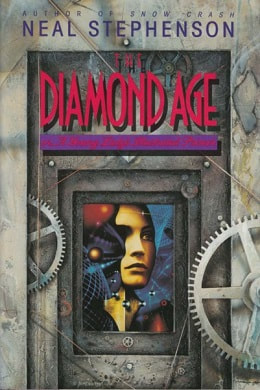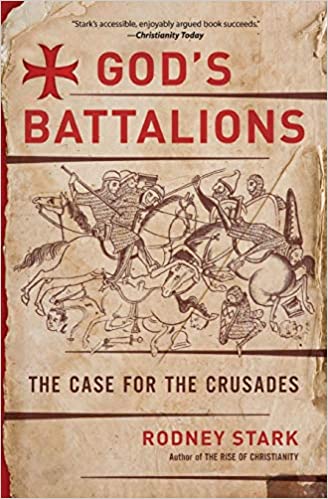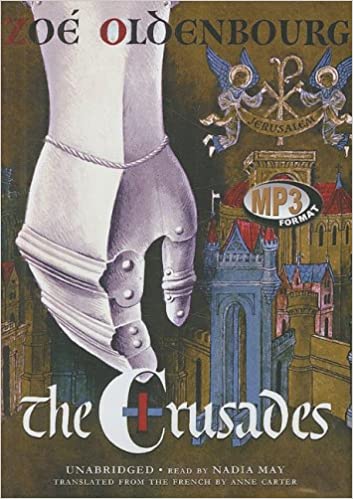|
Diamond Age
By Neal Stephenson Published in 1995 512 pages Thibault’s Score: 3/5 (This review does not contain any spoilers.) This may be the weirdest book that I have ever read. I rarely read fiction books. This book reminded me why. Diamond Age has a lot of interesting technology ideas jam packed into it: ideas about the future of education, nanotechnology, virtual reality, warfare, travel, etc… It also explores how a stateless anarcho-capitalist society might look like, which is always great. However, for every interesting idea that is explored in Diamond Age, there are frustrating problems which partially ruin the book. First, the book has a number of plot holes that don’t make sense. There are also a number of weird, gratuitous, and rapey sex scenes. the first two thirds of the book are great, but the last third of the book is predominantly about orgies and wild sex. The motivations of characters are often confusing - it seems like many characters do things because Stephenson wants them to act in a certain way, not because it would make sense for them to act in those ways given the variables of their universe. All combat and fighting is cringy and unrealistic. Most infuriating, many questions are raised that are never answered. A number of characters disappear, with no explanation or further mention. These problems are not present in the beginning of the book, but slowly become increasingly ubiquitous. By the end of Diamond Age, the book devolves into a meaningless postmodern literary experiment in chaos. The book takes place in the same universe as Cryptonomicon, Snow Crash, and Diamond Age, although there is no need to read the books in order, and each constitutes a standalone story. The three books are separated by decades / centuries. Few books have been as recommended to me as Diamond Age. Due to the overwhelming wave of recommendations from friends, my wife and I decided to read it. Like Snow Crash, I didn’t find it particularly interesting. It was interesting, but wasn’t by any means great. After reading Diamond Age and Snow Crash, I am now completely sure of one thing: Neal Stephenson is definitely insane.
0 Comments
God’s Battalions: The Case for the Crusades
By Rodney Stark Published in November 2010 288 Pages Thibault’s Score: 2/5 God’s Battalions can be understood as a hyperpartisan history of the crusades written by a modern Catholic to justify any and all atrocities committed by Christians at the time. That being said, there is nothing inherently wrong with a hyper partisan historical text, however its bias must be understood for what it is. The book itself is a short narrative of events surrounding the rise of Islam in the centuries before the crusade and a milktoast narrative of the first 3 canonical crusades. Although I finished the book, I didn’t learn all that much from it. I mostly read it to contrast it with pro-Arab hyper partisan histories I am also reading in parallel to this book. I do not recommend this book, except for the purpose of contrasting it with biased books written from the Arab perspective. The Crusades
By Zoe Oldenbourg Published in 1966 672 pages Thibault’s Score: 3/5 The Crusades is a history textbook that covers the history of the first three Middle Eastern crusades. I found that The Crusades managed to strike a neat balance between being a narrative history covering major events and major players and an experiential history describing the daily life of people. Learning about the economics and logistics of the crusades is always fascinating, and this book more than delivers. I especially enjoyed the description of the events in the interim between the second and third crusade. Learning about the succession of warlords that preceded Saladin, ultimately leading to the fall of the Fatimid caliphate, are often ignored yet very important. I also enjoyed learning about the degree of cultural mixing between the crusaders and Muslims. I was most surprised when I learned about the tentative anti Turk alliance between the Fatimid Caliphate of Cairo and the Byzantine Empire. Zoe Oldenbourg draws many interesting and unconventional conclusions which shed light on the events of the crusades. For example, she excoriates Richard Lionheart as an incompetent fool who doomed the Kingdom of Jerusalem to fall permanently to Islam. She also concludes that female slaves taken into the harems fared the best of all of the female slaves. Overall, I cannot recommend this book to average readers. It is too long and too detailed to be of interest to a general audience - it also is pretty advanced and requires a significant understanding of the crusades to be appreciated. I do recommend this book to amateur historians and nerds interested in a deep dive into the history of the period and region. |
Thibault SerletMost of my articles are book reviews, but I also write about many other topics. Archives
December 2023
Categories |



 RSS Feed
RSS Feed